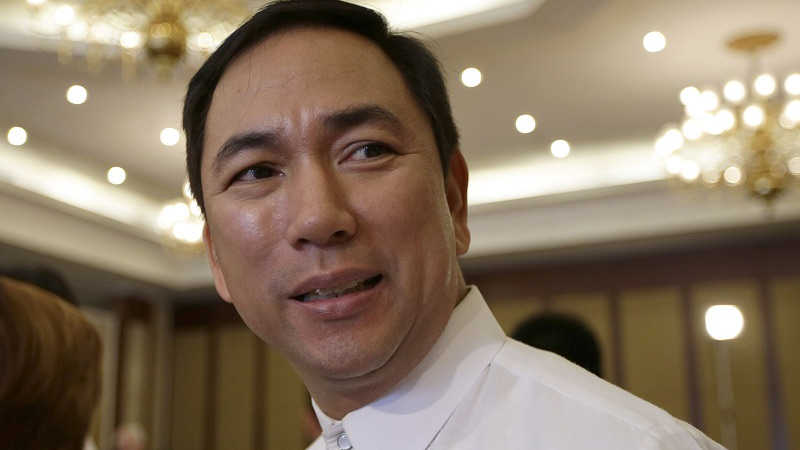MANILA, Philippines–The Department of Energy (DOE) is tightening the leash on renewable energy (RE) investors to push development faster and add as much capacity as possible to the electricity supply during the critical period of March to June 2015.
Energy Secretary Carlos Jericho Petilla said at the DOE budget hearing at the Senate that around 100 RE service contracts have been repealed for failure to meet project timelines. Some of these cases are now under appeal.
Petilla said his department has eased the process for RE applicants, making it possible for developers to have service contracts with the DOE in 45 days from two years previously. However, as a trade-off the DOE sets six-month intervals for investors to achieve pre-agreed project milestones, failing which the DOE cancels their service contracts.
Mario C. Marasigan, director of the DOE’s Renewable Energy Management Bureau, said that stricter implementation of milestones is meant to fast-track the development of RE projects. It is also meant to ensure that developers seeking more allocations on guaranteed rates under the feed-in-tariff (FIT) system are not simply keeping contracts for the sake of “flipping” or selling them to other investors.
This policy may come in handy as certain technologies such as wind gain more traction, to the point that developers are seeking more FIT allocations.
Marasigan said the Wind Energy Developers Association of the Philippines (Wedap) is asking for 500 megawatts (MW) of wind power development under FIT. That is on the same level as the expanded solar power allocation, which was raised from 50 MW. The allocation for wind power is 200 MW.
Before further allocations are granted, the association has to show that it can help ease the power supply for the summer of 2015 and 2016, Marasigan said. Developers must also show that a lot more projects are being completed.
About 700 MW of wind power projects have been approved, according to DOE data. However, it is a race for the first 200 MW of capacity to get certified for FIT, which gives a developer assured dispatch and fixed output fees.
“So wind developers are waiting for a higher installation target, to make room for more development,” Marasigan said. “FIT is first come first served. We must first achieve the first 200 MW or at least show that we are reaching 200 MW.”
At present, only 33 MW of wind projects have been completed, he said.
Wedap has made a presentation to the National Renewable Energy Board or NREB, Marasigan said. After that, the next stage is to present the merits of the proposed increase in installation target to the Department of Energy.
The wind power sector contests that there should be an expansion for its technology under the government’s FIT program given the recent proposal to expand the installation capacity allocation for solar power tenfold.
Earlier, PetroEnergy Resources Corp. president Milagros V. Reyes said, “Since government finds it fit to add more installation capacity for solar, wind should also be given more room since we already have a lot of installations.”
Other industry sources also said that renewable energy developers focused on other technologies, including wind power, are seeking expanded allocation from the government.
In a notice, the Energy Regulatory Commission said that on May 27, 2014, the NREB endorsed the DOE certification dated April 30, 2014, which revised the solar energy installation target under the FIT System from 50 MW to 500 MW. The matter is now with the ERC.


